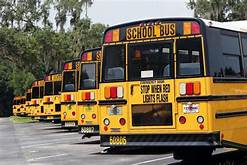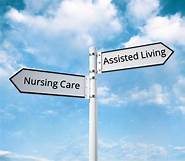How much is too much? Unfortunately, the Fair Debt Collection Practices Act and its Florida counterpart do not specify a particular number of calls per day that a creditor can make when trying to collect a debt.
An older Florida case is somewhat illustrative in finding the answer. In Story v. J.M. Fields, Inc., 343 So. 2d 675, 677 (Fla. 1st DCA 1977), the Court looked at what conduct was considered harassing, such as: a) the frequency of the creditor’s calls; b) the number of calls; c) the time of day when calls were received (whether during normal business hours); and d) whether the purpose of the calls was appropriate, such as calling to i) remind the debtor of the debt; ii) determine the reasons for non-payment; iii) discuss a plan for making payments.
My rule of thumb that I like to use is if a creditor calls in the morning and talks with you, and then calls again the same day, that only works if you said something like I may get paid at lunchtime and might have some money for you. Otherwise, I doubt that anything changed that day and there was no reasonable reason for a second call the same day other than to harass you.
 Someone asked us recently: where does someone start to make sense of it all – when mounting student loans are crushing them and they don’t know what to do.
Someone asked us recently: where does someone start to make sense of it all – when mounting student loans are crushing them and they don’t know what to do. Reboot Your Life: Tampa Student Loan and Bankruptcy Attorney Blog
Reboot Your Life: Tampa Student Loan and Bankruptcy Attorney Blog







